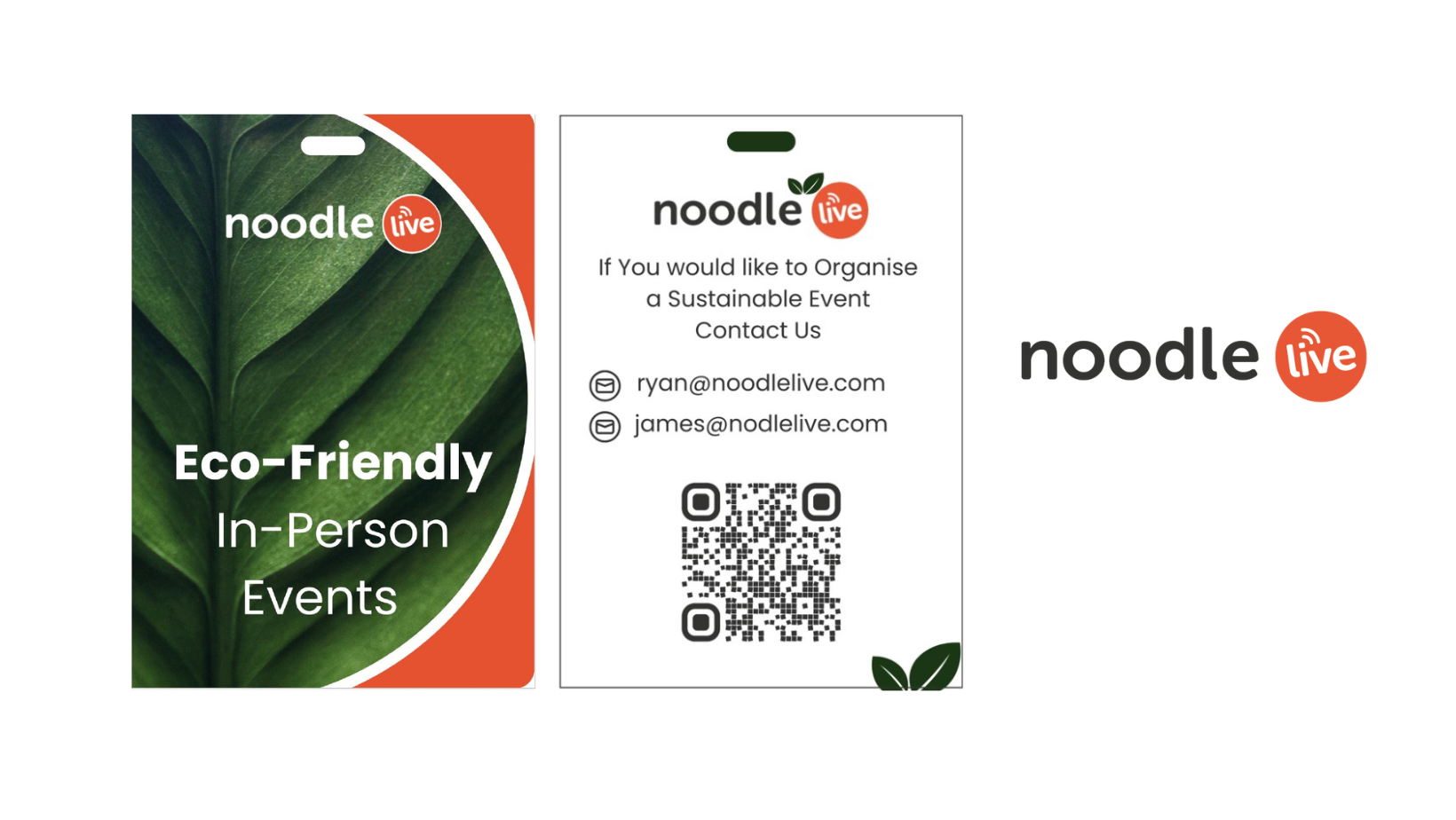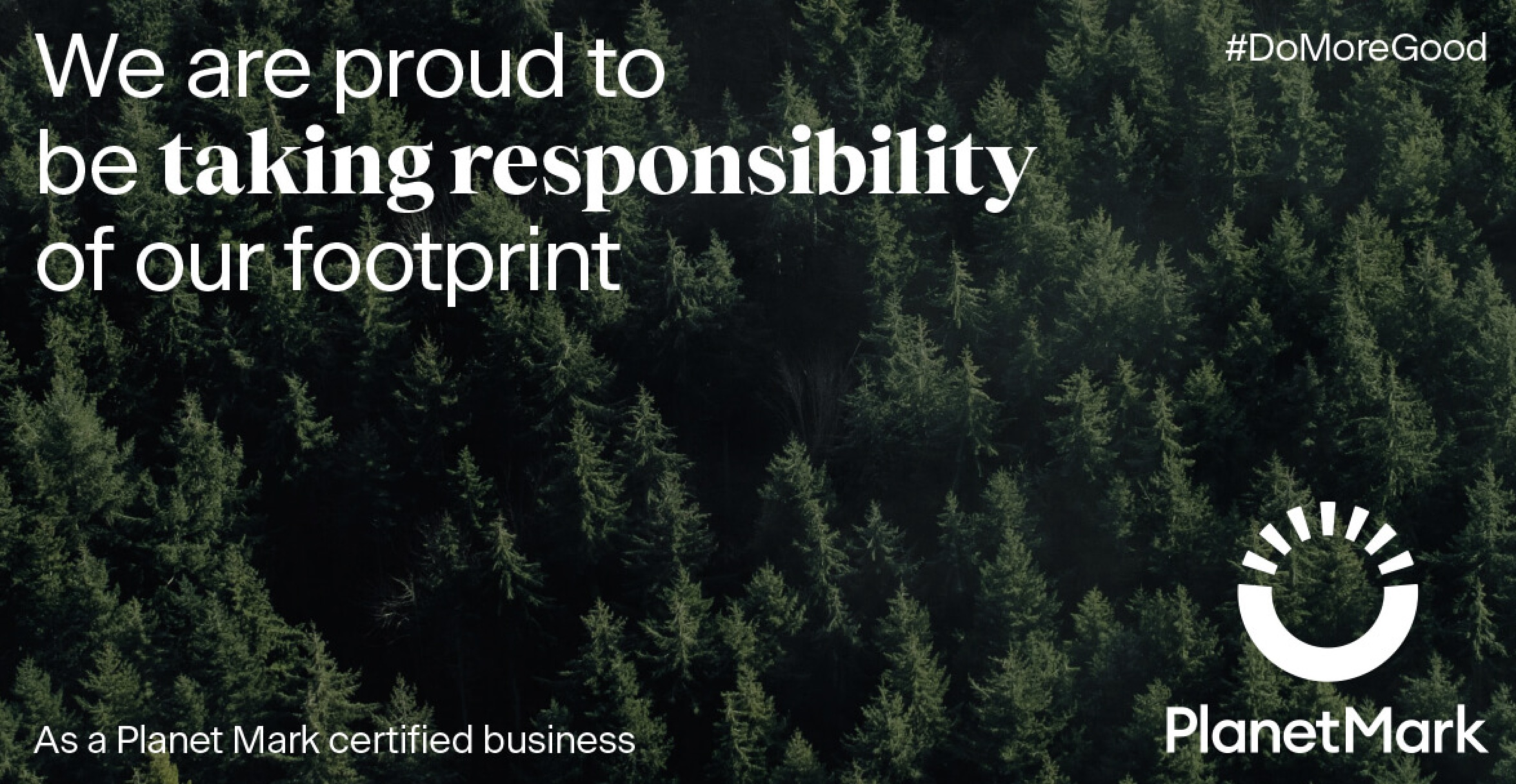Committed to event data gathering at your next event? Keen to make sure your data is as accurate as possible? We’ve got your back.
Team Noodle have been implementing event tech solutions at live events for more than five years now. Between us, we’ve worked with thousands of data sets and gathered some pretty useful tips for ensuring your data is accurate and representative as possible.
Gathering data is a bit like gathering evidence for a scientific experiment – it’s highly likely that there could be some rogue data at some stage. When it comes to live events, you also need to plan for human error. You can’t predict or control how humans will behave in a live event environment. We’ve worked with data sets where it looks as though a delegate never checked in to the event, and yet they appear to have registered for sessions and interacted with exhibitors. In order to get past the registration team, they must have pulled some serious ninja moves or taken their invisibility cloak! But it does happen. A normal and acceptable rate of human error to anticipate in your data sets would be around 1-5%.
We’ve also seen delegates who’ve managed to swap name badges or slip past your event staff who are trying to scan people into a session. Why? Because we’re all human! Human behaviour is unpredictable and messy, and so is tracking that behaviour. The rules of technology and statistics don’t always apply to human behaviour, because it’s nuanced and unpredictable. Human error can also occur on the staff side too. Registration staff can make mistakes when encoding badges, or pulling data.
So how do you get around that?
Having seen all kinds of scenarios and interactions, Team Noodle had some top tips for improving data collection:
 “I think this goes back to the idea of data currency. If you are offering your delegates something great in return for their data, they are much more likely to comply and to pay attention to ensuring they are using the tech correctly. If your delegate is really keen to get written notes from the session they attend, they will make sure they have swiped their badge at check-in. It’s a two-way street, so ensuring you are offering great rewards for data interactions motivates your delegates to regulate their own behaviour patterns.”
“I think this goes back to the idea of data currency. If you are offering your delegates something great in return for their data, they are much more likely to comply and to pay attention to ensuring they are using the tech correctly. If your delegate is really keen to get written notes from the session they attend, they will make sure they have swiped their badge at check-in. It’s a two-way street, so ensuring you are offering great rewards for data interactions motivates your delegates to regulate their own behaviour patterns.”
Clemi Hardie, Head of Pencils
 “Think about how and when you request data. If you ask for data pre-registration then it’s often more accurate as people are using a stable computer and are less rushed. If they are filling out an on-site registration then your delegates are likely to be rushing to get into the event. They may also be using a mobile device which could slow them down.”
“Think about how and when you request data. If you ask for data pre-registration then it’s often more accurate as people are using a stable computer and are less rushed. If they are filling out an on-site registration then your delegates are likely to be rushing to get into the event. They may also be using a mobile device which could slow them down.”
Glyn Roberts, CTO
 “Have your goal in sight – know what you want to achieve with the data you gather, and work backwards from there. The sooner you start developing a clear plan of action, the easier it will be to create a shared language between yourself, your team, and your delegates, which is key to getting effective, useful data.”
“Have your goal in sight – know what you want to achieve with the data you gather, and work backwards from there. The sooner you start developing a clear plan of action, the easier it will be to create a shared language between yourself, your team, and your delegates, which is key to getting effective, useful data.”
Daniel Collard, App Success Manager
 “Think about the end result in advance. What is the data going to be used for post-event, as this will define what needs collecting. You can then ensure you have the right tools in place to ensure this is collected.”
“Think about the end result in advance. What is the data going to be used for post-event, as this will define what needs collecting. You can then ensure you have the right tools in place to ensure this is collected.”
Vicki Fox, Head of Events
 “Good training can help to reduce potential staff errors. All registration staff should also be on the lookout for the correct name to pull through on the check-in tablet. Most errors can be caught and corrected at this early stage and staff throughout the event can also be trained to keep an eye out for potential errors.”
“Good training can help to reduce potential staff errors. All registration staff should also be on the lookout for the correct name to pull through on the check-in tablet. Most errors can be caught and corrected at this early stage and staff throughout the event can also be trained to keep an eye out for potential errors.”
Rebecca Crossman, Projects and Events Manager
 “Look at options for pulling the data directly from the registration platform. If you’re using something like Cvent, set up a system that pulls the data through as this will remove the possibility of human error when transferring information.”
“Look at options for pulling the data directly from the registration platform. If you’re using something like Cvent, set up a system that pulls the data through as this will remove the possibility of human error when transferring information.”
Matt King, Technical Manager
Want more tips on event data gathering? Confused about event data in general? Well, worry no more – we’ve created a free data eBook that offers a complete guide to event data. Simply download it, have a read and you’ll be an event data whizz kid in no time.


